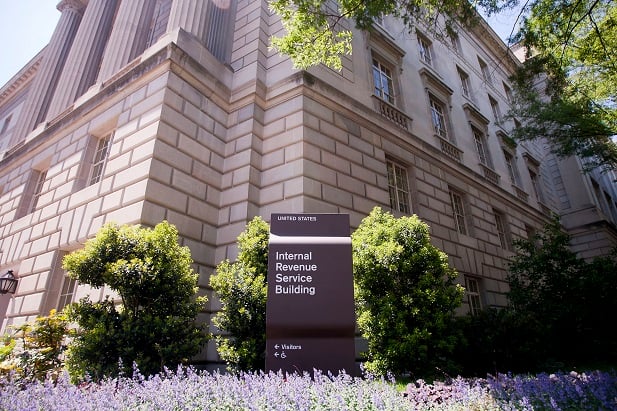At some point in 2020, most smaller businesses were legally required to provide paid time off to employees who were impacted by the Covid-19 pandemic. The Families First Coronavirus Response Act (FFCRA) created mandatory leave provisions that allowed employees to take paid time off for several different coronavirus-related reasons, including to provide care for children and family members. Now, employers are grappling with the aftermath—in terms of IRS wage reporting requirements.
Continue Reading for Free
Register and gain access to:
- Breaking benefits news and analysis, on-site and via our newsletters and custom alerts
- Educational webcasts, white papers, and ebooks from industry thought leaders
- Critical converage of the property casualty insurance and financial advisory markets on our other ALM sites, PropertyCasualty360 and ThinkAdvisor
Already have an account? Sign In Now
© 2024 ALM Global, LLC, All Rights Reserved. Request academic re-use from www.copyright.com. All other uses, submit a request to [email protected]. For more information visit Asset & Logo Licensing.









